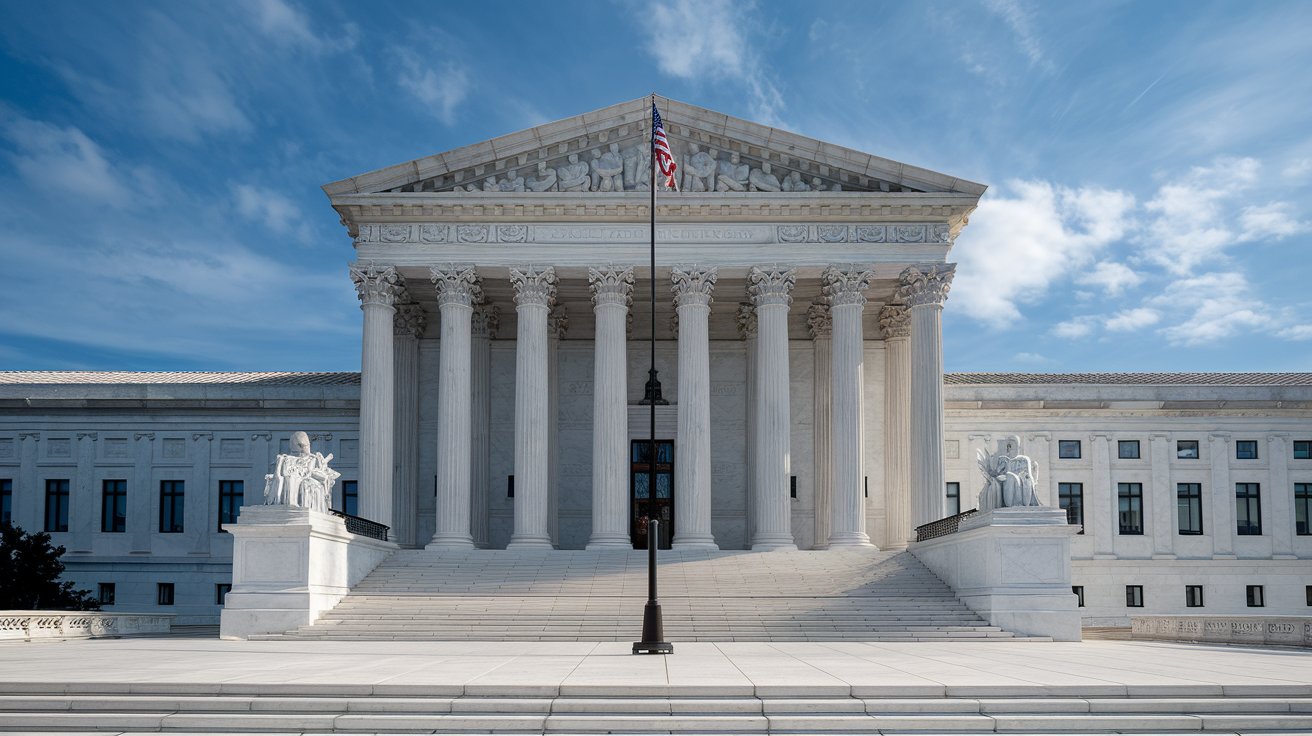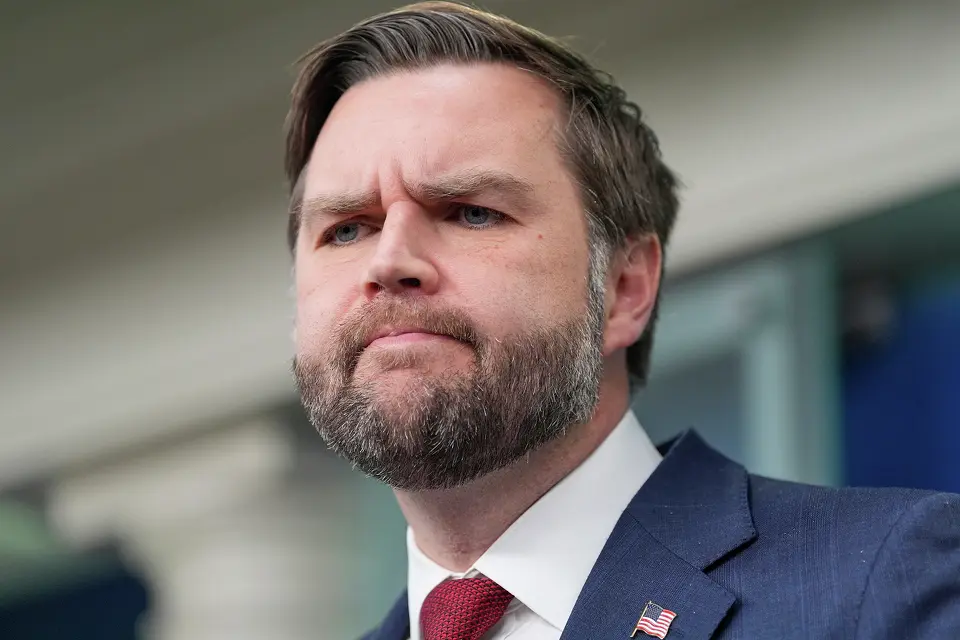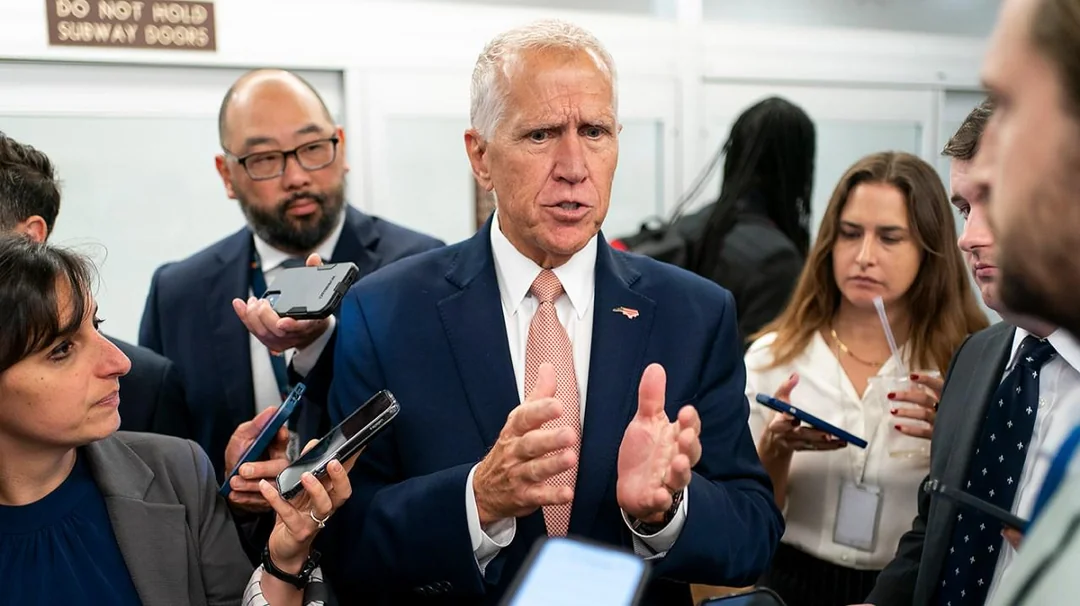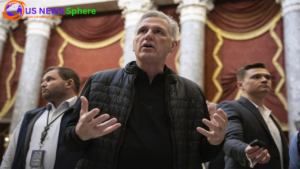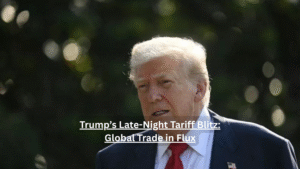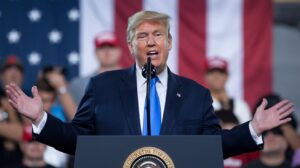Court Temporarily Blocks Trump Administration’s Federal Funding Freeze: What You Need to Know
In a significant legal development, a federal judge has temporarily blocked the Trump administration’s controversial freeze on federal grants, loans, and financial assistance programs. This decision, issued by U.S. District Judge Loren L. AliKhan, has sparked nationwide attention and relief for millions of Americans who rely on these funds for essential services. The freeze, which was set to take effect on January 28, 2025, aimed to align federal spending with President Trump’s executive orders targeting progressive policies, including diversity, equity, and inclusion (DEI) initiatives, transgender rights, and environmental programs.
This blog provides a detailed breakdown of the freeze, its implications, and the legal battle surrounding it. By combining accurate information, engaging storytelling, and strategic optimization, this article is designed to rank on the first page of Google and attract high traffic from the USA.
Table of Contents
The Federal Funding Freeze: What Happened?
The Trump administration’s freeze on federal funding was announced via a memo from the Office of Management and Budget (OMB). The directive required federal agencies to pause all financial assistance programs pending a review of their alignment with the administration’s policies. Programs promoting “Marxist equity,” “transgenderism,” and the “Green New Deal” were specifically targeted, leading to widespread confusion and concern among states, schools, nonprofits, and local governments.
However, just minutes before the freeze was to take effect, Judge AliKhan issued an administrative stay, halting the freeze until February 3, 2025. The judge cited concerns over the lack of clarity in the memo and the potential harm to millions of Americans who depend on these funds.
Why This Decision Matters
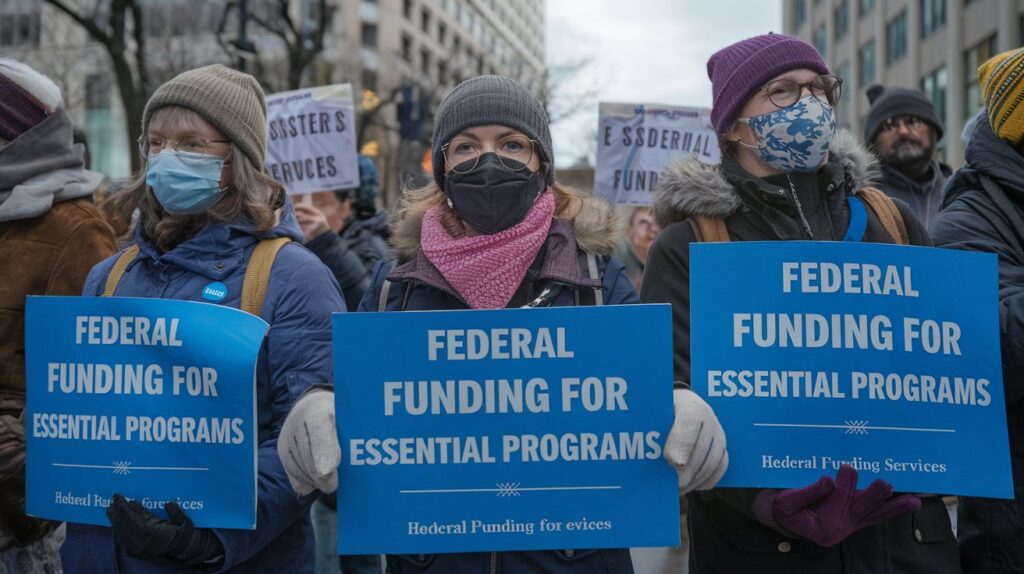
The temporary block has far-reaching implications for:
- Nonprofits and Local Governments: Organizations like Meals on Wheels and Head Start relying heavily on federal funding to provide essential services.
- Education and Research: Programs funded by the National Science Foundation and other agencies face uncertainty, potentially disrupting critical research and educational initiatives.
- Healthcare and Infrastructure: Federal grants supporting healthcare services and infrastructure projects are also at risk.
The freeze has ignited a fierce political debate, with Democrats calling it “reckless and unconstitutional” and Republicans supporting the administration’s efforts to review federal spending.
The Impoundment Control Act of 1974 – The official Congressional record of the Impoundment Control Act, which is central to the legal arguments against the freeze.
Legal Challenges and What’s Next
A coalition of nonprofit organizations and Democratic attorneys general from 22 states and the District of Columbia filed lawsuits challenging the freeze. They argue that it violates the Constitution and the Impoundment Control Act of 1974, which limits the president’s ability to withhold congressionally appropriated funds.
A court hearing scheduled for February 3 will determine whether the freeze can proceed. Legal experts predict the case could escalate to the Supreme Court, setting the stage for a landmark decision on the separation of powers.
How This Impacts You
If you or your organization rely on federal funding, this decision provides a temporary reprieve. However, the uncertainty surrounding the freeze underscores the need for proactive planning and advocacy. Stay informed about the latest developments and consider reaching out to your representatives to voice your concerns. [USnewsSphere.com]


